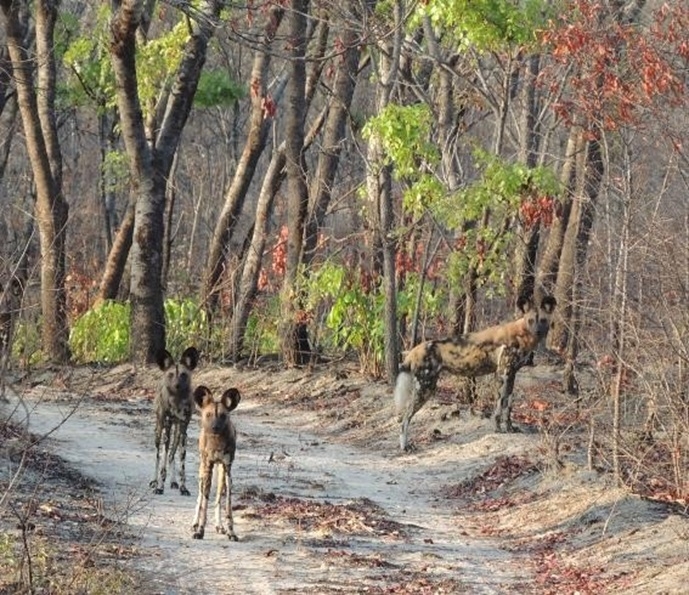Wildlife Conservation Ecology - WILDEcol
The Wildlife Conservation Ecology (WILDEcol) research group is devoted to Conservation Ecology research, particularly focusing on wildlife populations, on the pressing issues related to ongoing wildlife declines, and on the sustainable coexistence between humans and nature. The WILDEcol contributes to the advancement of Conservation Ecology research and practice in two main dimensions:
1) advancing in scientific knowledge in Conservation Ecology and related fields;
2) providing quantitative solutions to practical conservation and ecological issues, through statistical models for applied problems.
The mission-driven and applied science component of WILDEcol’s research contributes to assist decision-making and in the design of management strategies that efficiently tackle issues related to wildlife conservation and restoration of natural processes. The predictive capacity of WILDEcol’s approaches provides a framework allowing the definition and prioritization of effective management actions at the human-wildlife interface.

The research agenda of WILDEcol is profoundly routed in CIBIO-InBIO’s TwinLab strategy and uses sub-Saharan Africa as preferred stage for research. WILDEcol has some of the world’s most endangered land mammals and their respective communities as preferred research models: mammalian carnivores and their herbivore prey. The group’s research is structured around three complementary axes:
i) quantitative population ecology, by estimation of wildlife populations’ vital rates (distribution, abundance, survival, and reproduction) using advanced statistical tools.
ii) quantitative community ecology in changing environments, to investigate how different forces, such as competition and predation, interplay to structure wildlife community structure and dynamics, and how they modulate higher-level ecosystem processes and states.
iii) understanding human-wildlife relationships, particularly the nature and intensity of human-wildlife interactions through integrating the multitude of dimensions involved in these relationships including the social, economic, cultural, and ecological perspectives.
WILDEcol’s research is pursued through a multilayered structured approach: local-scale, addressing specific hypothesis and investigate fine-scale patterns and processes through implementing targeted designs and field-based semi-experimental approaches; large-scale, looking at broader drivers and patterns of wildlife population and community responses to environmental gradients; and research synthesis, providing a privileged approach to advance ecological theory, deepen our understanding of overarching processes, and summarizing knowledge already generated and published in the scientific literature.
A key premise of WILDEcol is to develop research under a highly collaborative environment within CIBIO-InBIO, with other academic institutions and governmental and non-governmental stakeholders, and with the active involvement of local communities.
